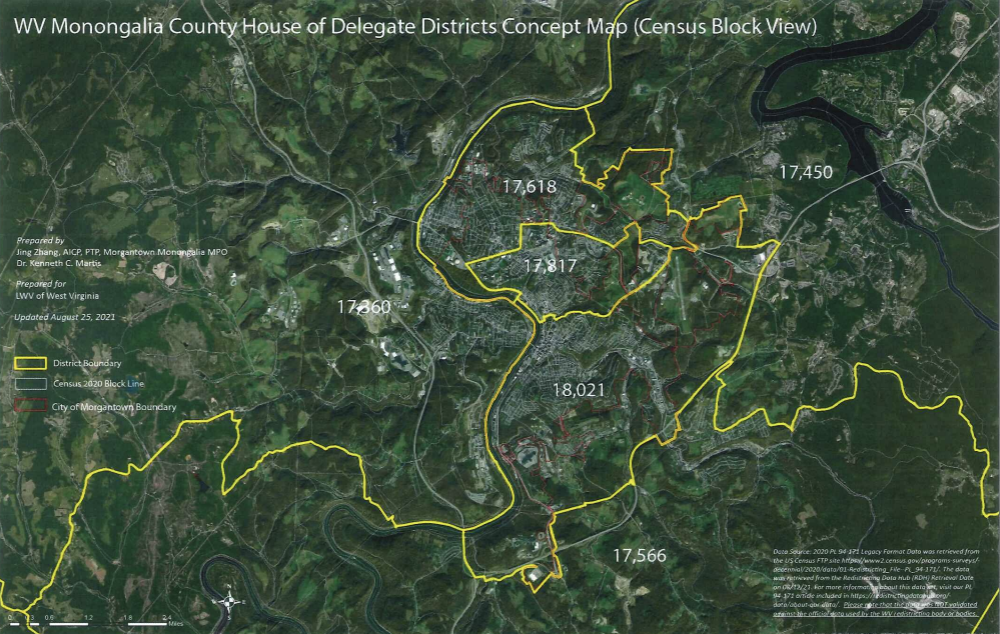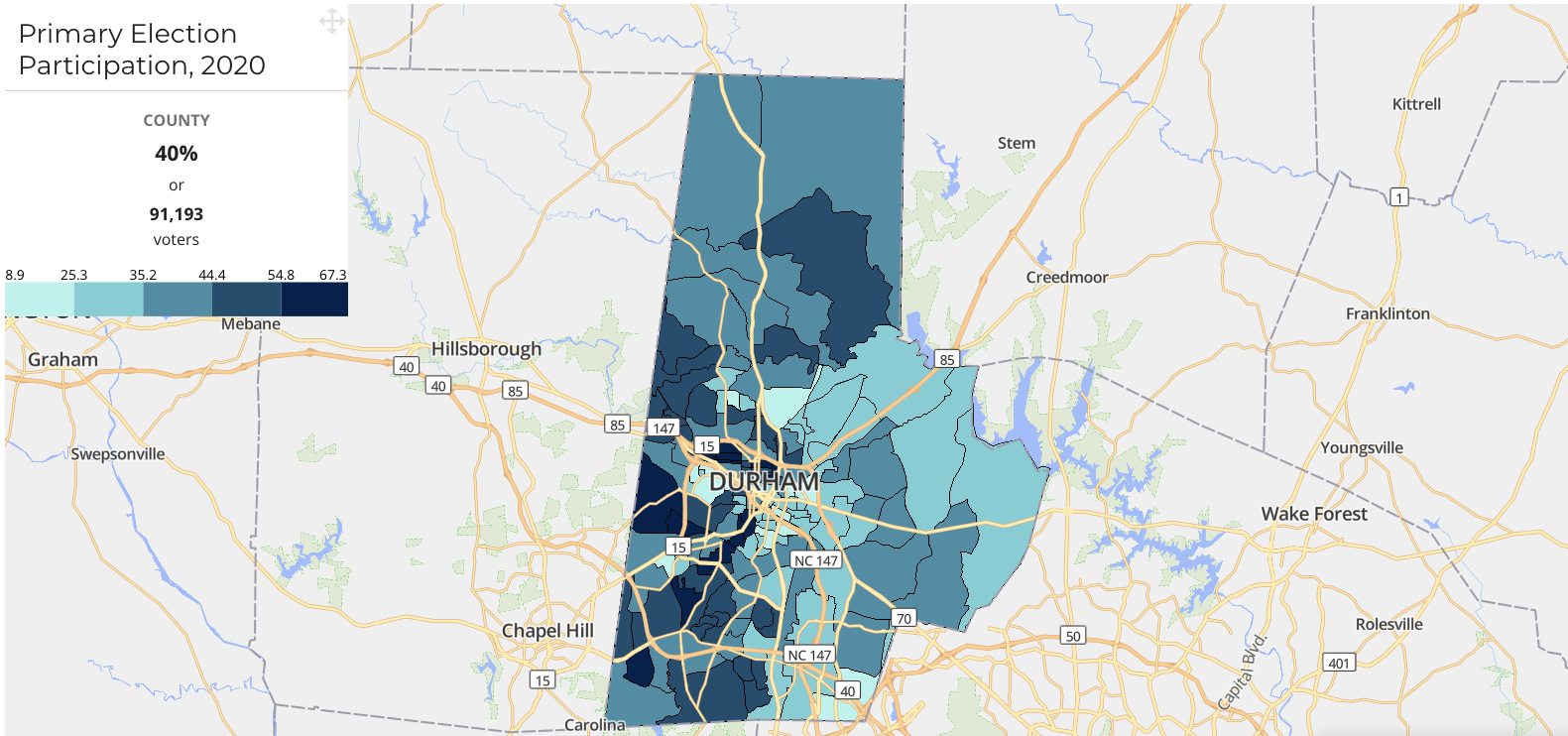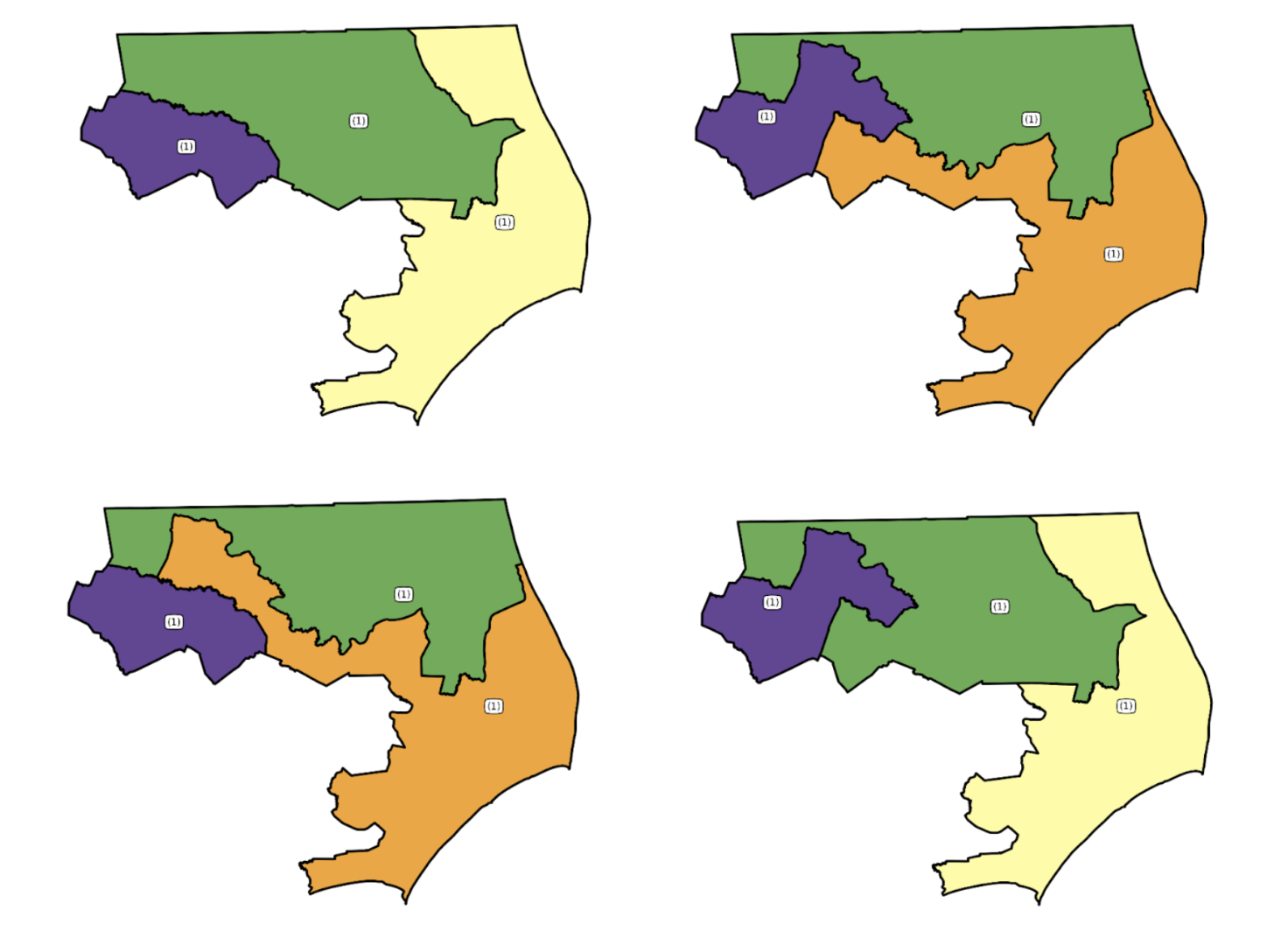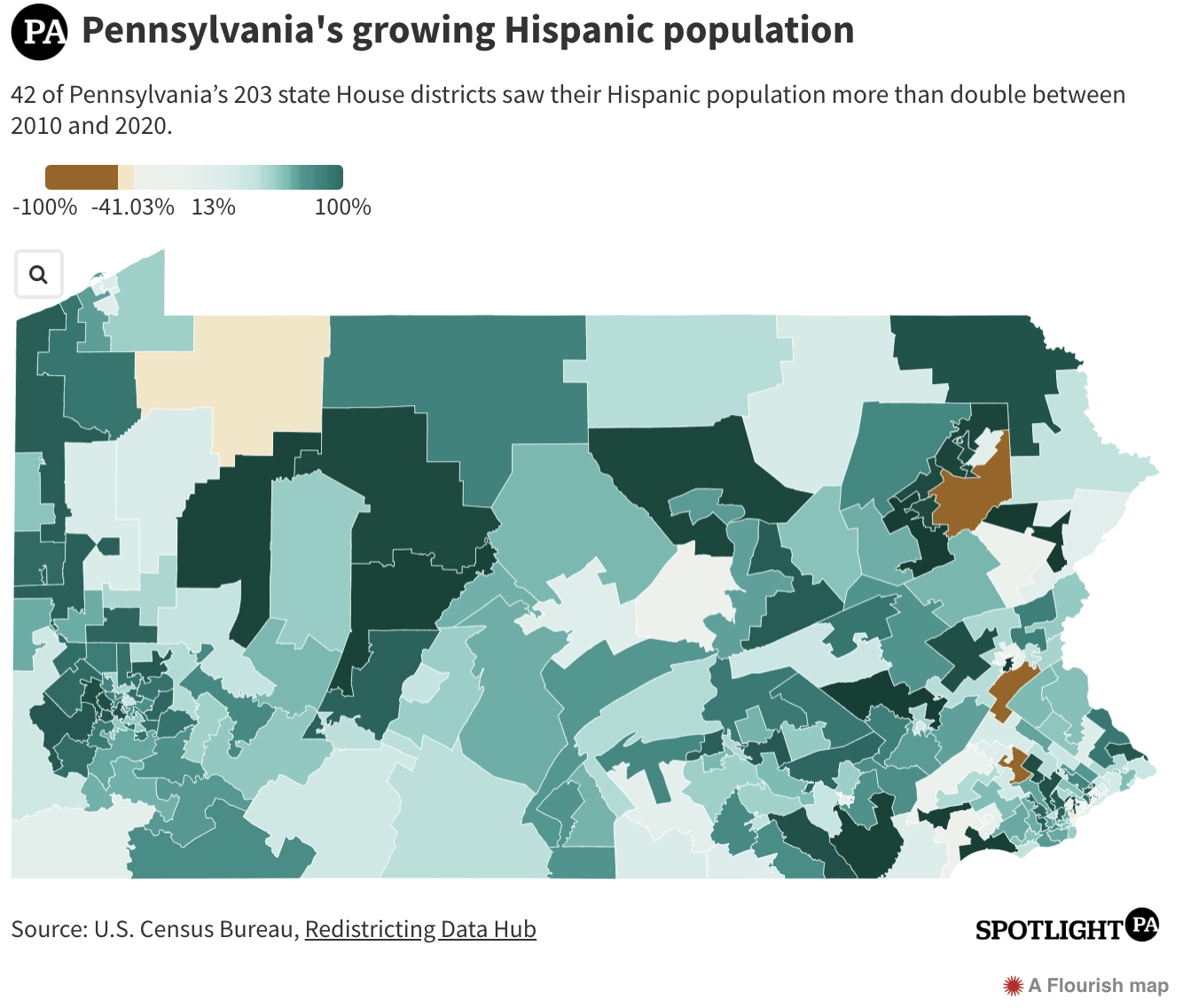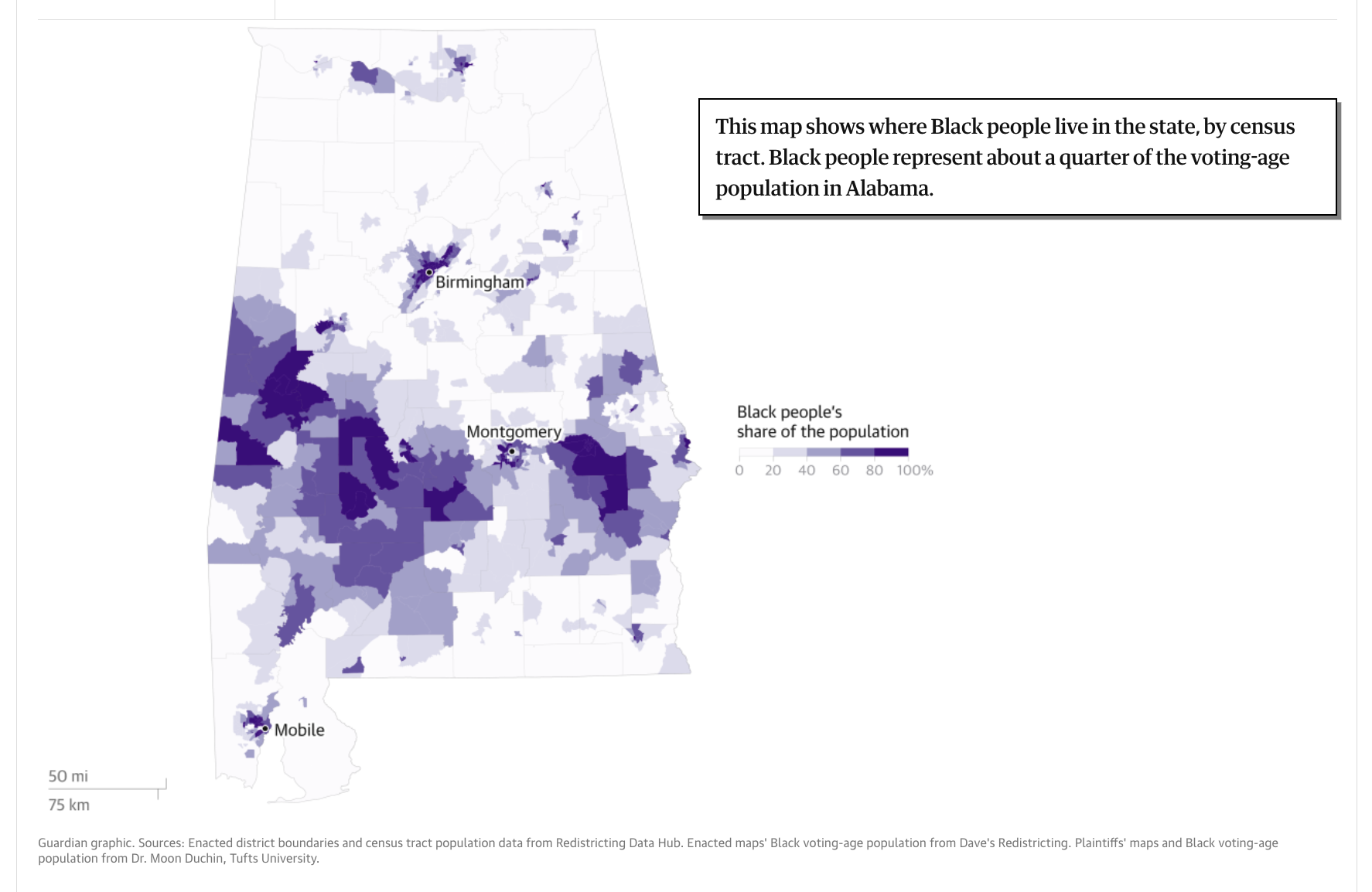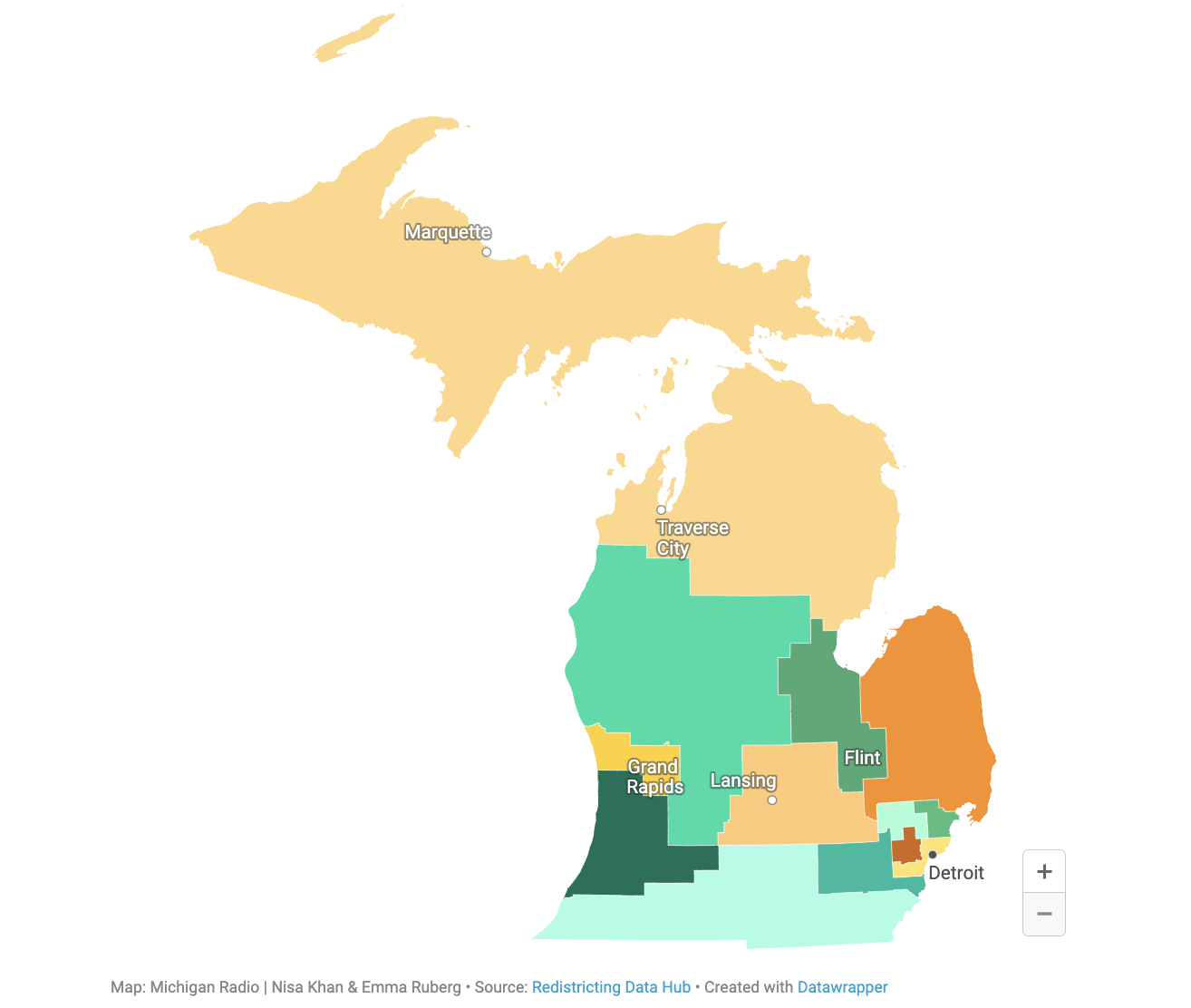Who We Are
The nonpartisan Redistricting Data Hub provides individuals, good government organizations, and community groups the data, resources, and knowledge to participate effectively in the redistricting process and fight gerrymandering.
In service of this mission, we host thousands of datasets in all 50 states, from the census block to the district level, and continue to add new data that is useful for nonpartisan map drawing and analysis. This data is free to the public, and accompanied by technical support and nonpartisan analysis on request.
The Redistricting Data Hub is a project of the Fair Representation in Redistricting Initiative, a project of New Venture Fund (NVF). NVF has contracted with HaystaqDNA—a political data consulting firm with a track record of success in supporting nonpartisan redistricting—to provide the publicly-available data and services. There is a firewall between the Redistricting Data Hub work and services and any other work provided by HaystaqDNA to any of its other clients.
The Redistricting Data Hub operates as an independent and autonomous project, overseen by the Fair Representation in Redistricting advisory committee. All Redistricting Data Hub employees are fully committed to nonpartisanship and ending gerrymandering in all forms.
What We Do
Over the course of the 2021 redistricting cycle, the Redistricting Data Hub was proud to serve good government, civil rights, and community groups in their fight for fair maps. Our data was used in numerous briefs and expert reports submitted during litigation, and by groups to create alternative maps and submit testimony to state and congressional redistricting bodies.
We also supported local, state, and national journalists in their coverage of redistricting by providing technical assistance and answering questions about the data. Academics used our data for publicly available research, and educators used it to teach the next generation about redistricting. And thousands of members of the public have downloaded our data to submit testimony, understand their state’s maps, and participate meaningfully in the process.
Post 2021-redistricting cycle, we remain focused on providing critical redistricting data, particularly in those states likely to engage in mid-decade redistricting or where state legislative or congressional districts are already in litigation. We continue to provide resources to groups engaged in efforts to stop gerrymandering through litigation or by reforming the process. And we provide useful analysis and reports on redistricting.
Funding
Funding for the Redistricting Data Hub comes from the Southern Poverty Law Center and the Fair Representation in Redistricting Initiative.
❝ The Fair Representation in Redistricting Initiative was developed by a set of foundations, with nonprofit leaders, to support fair and equitable redistricting. The Initiative includes: 1) support for civic organizations and coalitions in targeted states to advance community-centered redistricting; 2) research and mitigation strategies to promote the continued use of total population for drawing districts; and 3) national support services to enable fair maps across states. ❞
The Initiative is guided by a Fair Representation in Redistricting Advisory Committee composed of representatives of the following 18 initiative funders:
- Annie E. Casey Foundation
- Bauman Foundation
- Bernard & Anne Spitzer Charitable Trust
- California Community Foundation
- Democracy Fund
- Ford Foundation
- Grove Foundation
- Gund Foundation
- Joyce Foundation
- JPB Foundation
- Mary Reynolds Babcock
- New York Community Trust
- Open Society Foundations
- Resilient Democracy Fund
- Rockefeller Brothers Fund
- State Infrastructure Fund
- Wallace H. Coulter Foundation
- W.K. Kellogg Foundation
❝ Founded in 1971, the Southern Poverty Law Center is a catalyst for racial justice in the South and beyond, working in partnership with communities to dismantle white supremacy, strengthen intersectional movements, and advance the human rights of all people. Our issues include hate and extremism, children’s rights, immigrant justice, LGBTQ rights, economic justice, criminal justice reform, and voting rights. SPLC’s Voting Rights Practice Group works with its community partners to engage and mobilize voters, restore voting rights to returning citizens, pursue electoral policy reforms, and bring litigation to challenge unconstitutional and discriminatory voting practices. Learn more about the Voting Rights Practice Group’s work here. ❞

